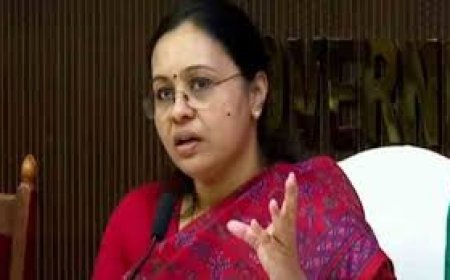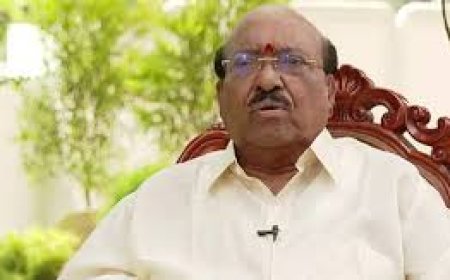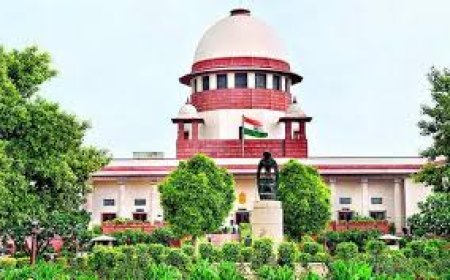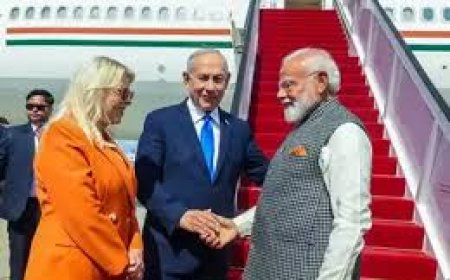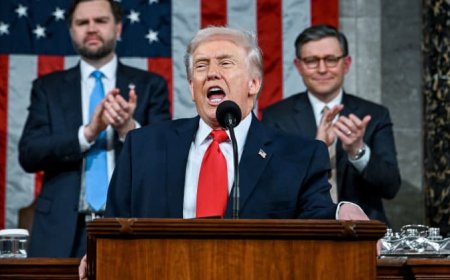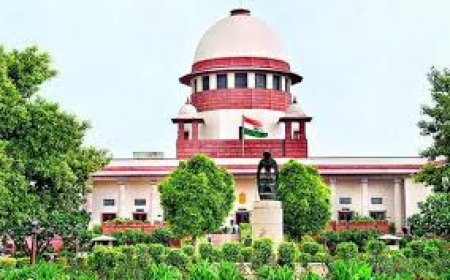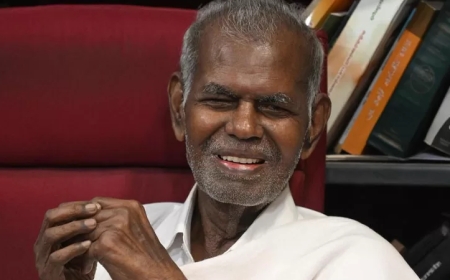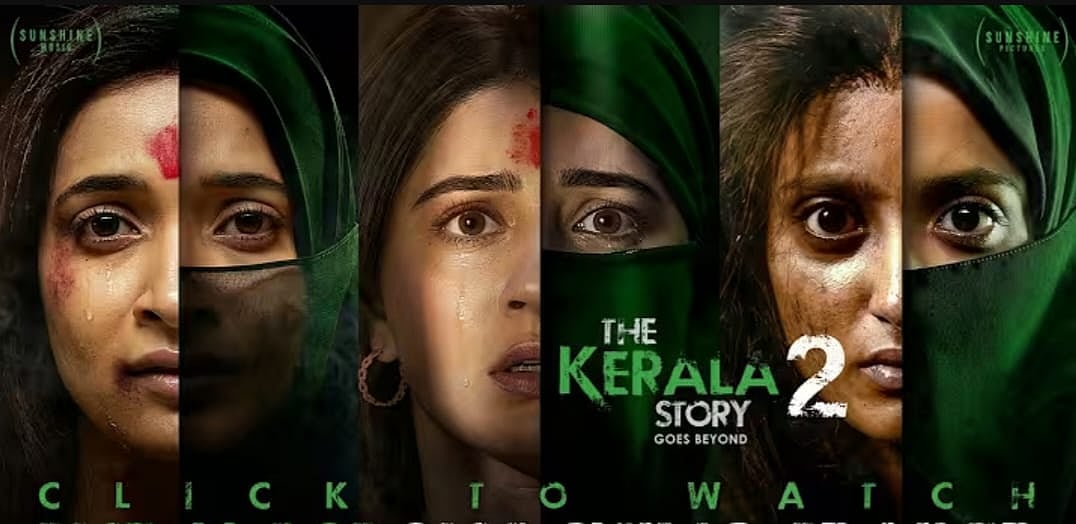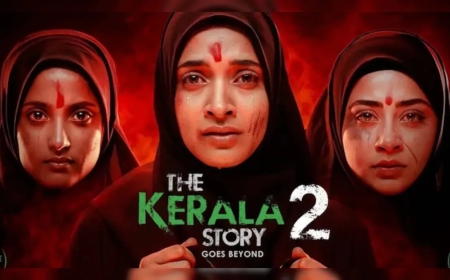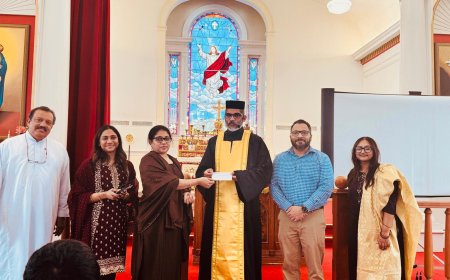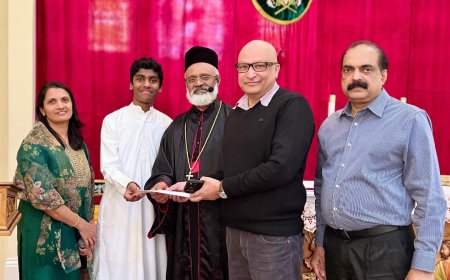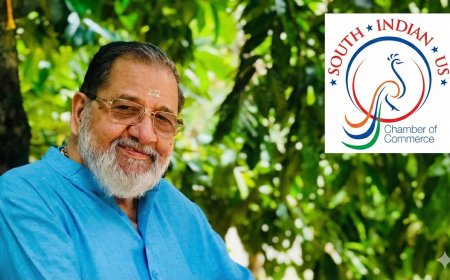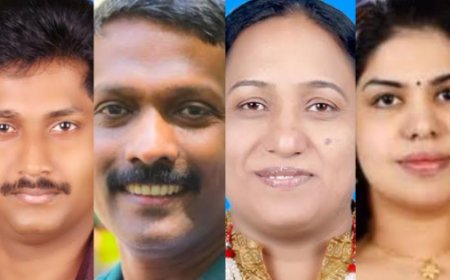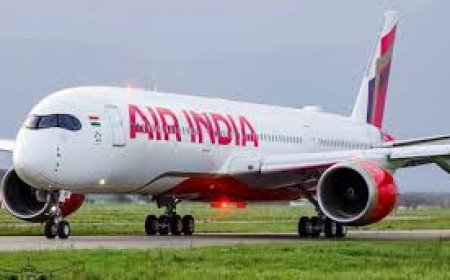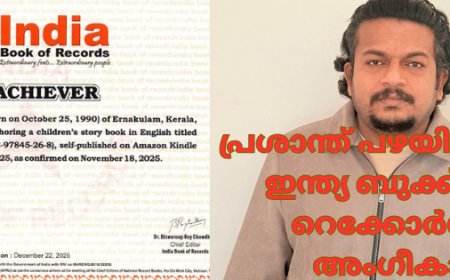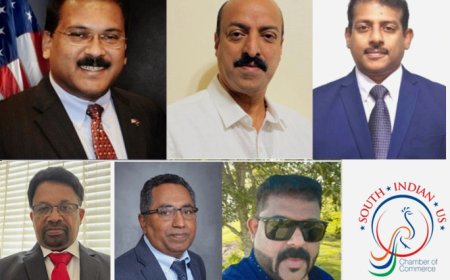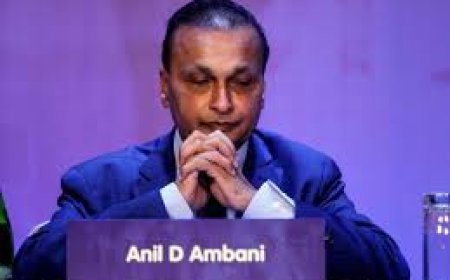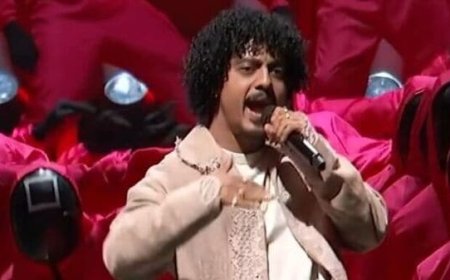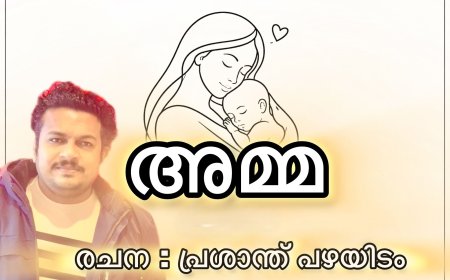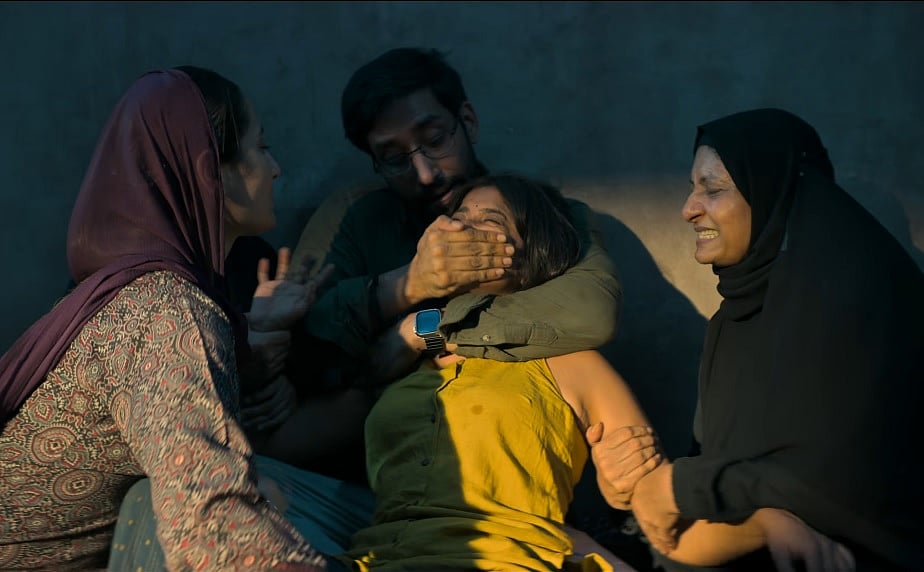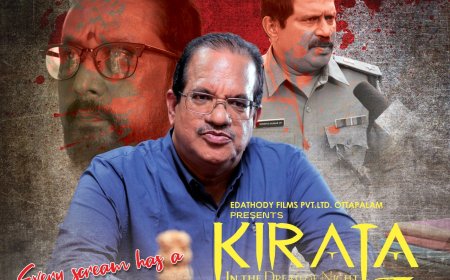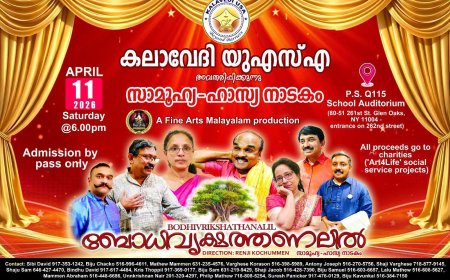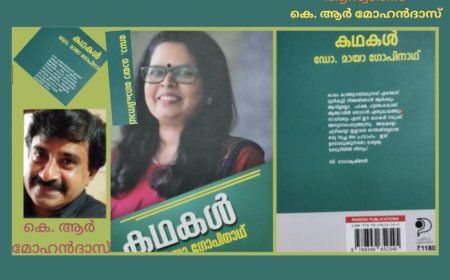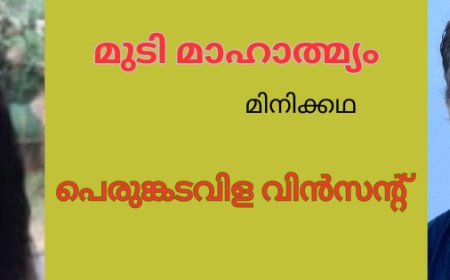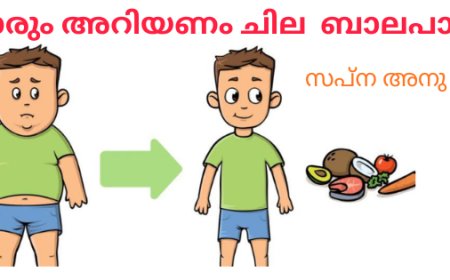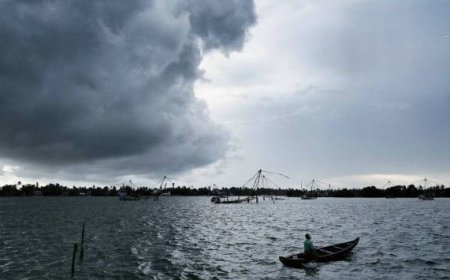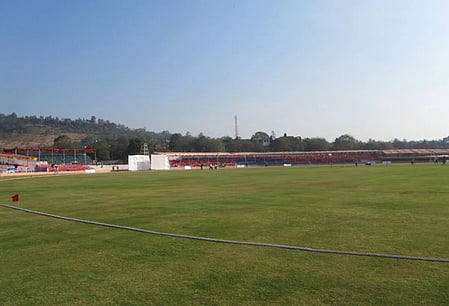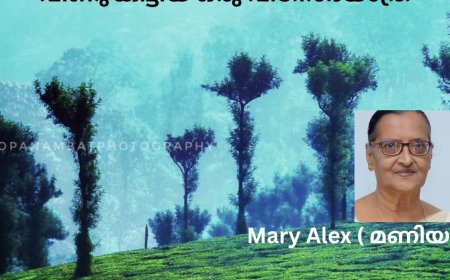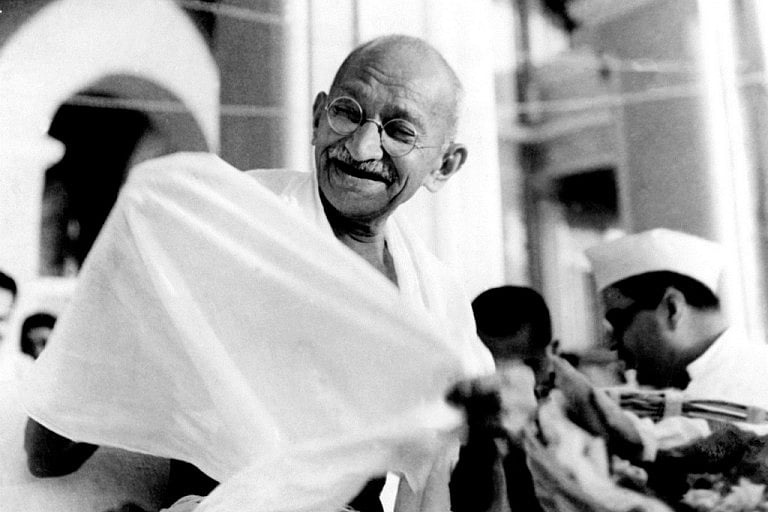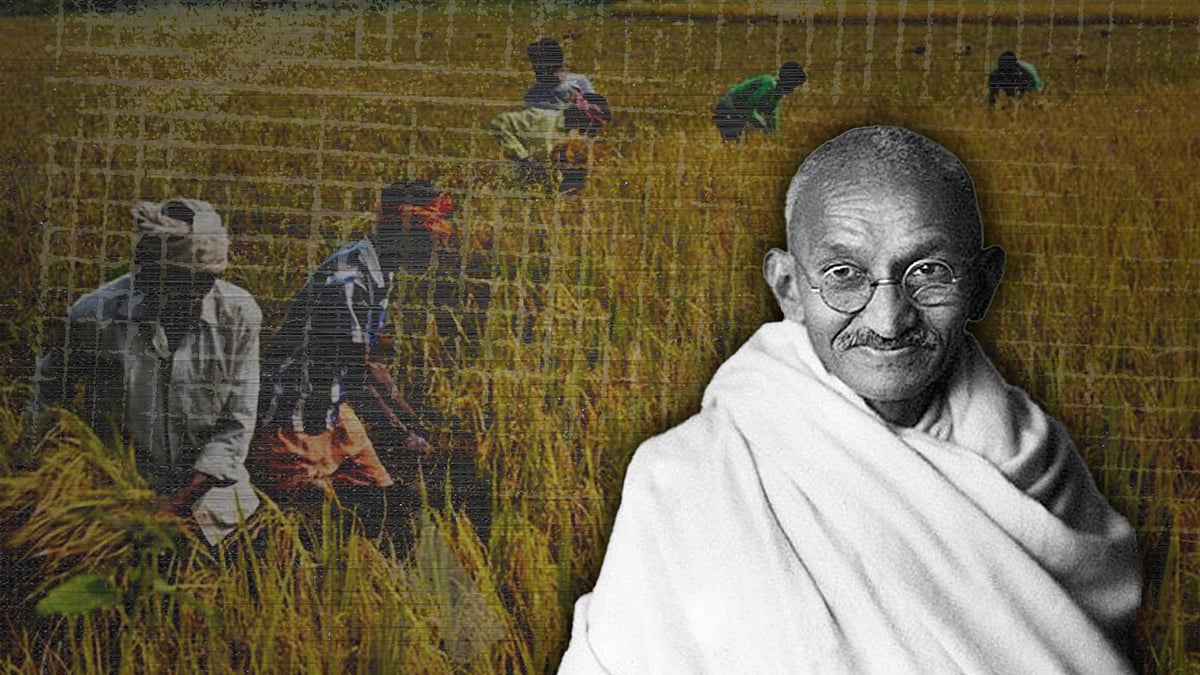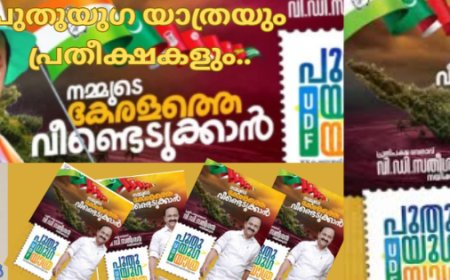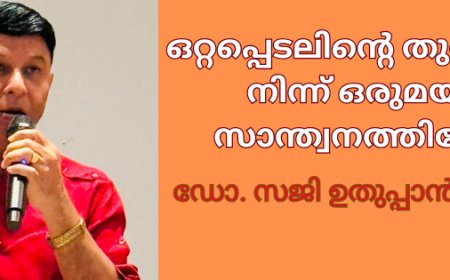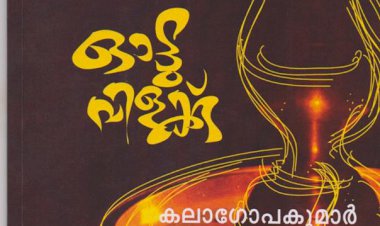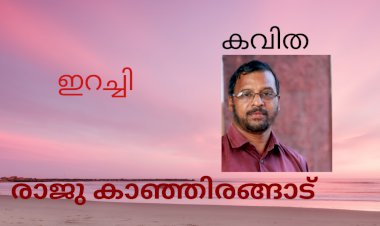2024 parliamentary elections in India

INDIA, the largest democracy in the world with a population of 1.4 billion people and a total electorate of about 969 million people, will elect 543 politicians as members of the Indian Parliament.
The stretch of the country from the Himalayas to many big cities to small villages of people speaking different languages and following many different traditions belonging to many different ethnicities will elect a parliament and the majority party of the parliament forms the new government, which will rule for the next five years.
Voting will take place in seven phases from April 19 till June 1 and the counting of votes will take place on June 4. During this period, Assembly elections to four States also will take place. The reason why the elections take place on seven different days instead of one day is to provide proper security cover. India conducts free and fair elections.
The Election Commission of India works independently without any influence from the ruling government. India has a multiparty system and the Election Commission has approved the following parties as National Parties:
1 All India Trinamool Congress
2. Bahujan Samaj Party (BSP)
3. Bharatiya Janata Party (BJP)
4. Communist Party of India (CPI)
5. Communist Party of India (Marxist)
6. Indian National Congress (INC)
7. Nationalist Congress Party (NCP)
The Election Commission also has approved 49 state-recognized parties like Kerala Congress, DMK, AIADMK, Assam Jatiya Parishad, etc. Each party is assigned a symbol.
The current ruling party BJP came to power first time in 2014 and won again in 2019. In 2024 also it expects to get the majority. BJP runs under a Coalition named NDA (National Democratic Alliance). A coalition of 26 opposition parties including the Indian National Congress, DMK, CPI, AAP, BSP, NPP etc. formed INDIA (Indian National Developmental Inclusive Alliance) to face NDA.
There are three types of parties in India:
1. National Recognized Parties
2. State Recognized Parties
3. Unrecognized Parties
National parties usually have a broader national agenda. State-recognized parties have mainly a state agenda. The unrecognized parties do not have any special agenda and their popular support is very limited, below the criteria set by the Election Commission, to be approved as a state or national party.
Indian national elections and state elections are controlled by the Election Commission. As in any other democratic country, a voter has to register to be eligible to vote and be an 18-year-old Indian citizen on January 1 of the year of voter registration. The Election Commission of India offers online registration now. Non-Resident Indians also are allowed to register and vote in person.
The 2024 election is an important milestone for India which is among the top five economic giants of the world - USA, China, Japan, Germany and India with a GDP value of $3.4 trillion compared to $25.5 for the USA, $17.9 trillion for China, $4.2 trillion for Japan and $4.1 trillion for Germany.
The United Kingdom is 6th with $3.1 trillion, France 7th with $2.8 trillion, Russia 8th with $2.2 trillion, Canada 9th with $2.1 trillion and Italy 10th with $2 trillion.
Except China with a communist government and Russia with autocratic one-party rule, the other 8 countries have democratic governments.
India’s achievement over the past several years is great, especially under the BJP government led by Mr. Narendra Modi. Some of the complaints about the Modi government are Hindu nationalism, unfair treatment of farmers, and moving away from democratic socialism to authoritarianism.
Several strong regional parties are in the INDIA coalition. BJP claims to get a two-thirds majority in this election. It all depends on how much popular support each coalition can earn, especially in States where regional parties are powerful.
We urge you to look at the candidates and parties, their contributions to society and their ruling record on the promises made. The great power of democracy is that the majority rules. India has successfully maintained the democratic system of government ever since it became independent from British rule.




